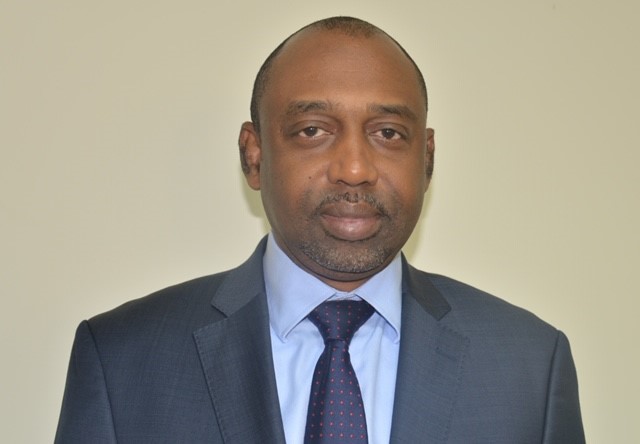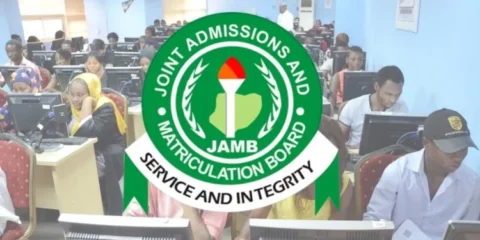The United Nations Educational, Scientific and Cultural Organisation (UNESCO) has allocated N32 billion to improve the skills of 8,888 teachers across Nigeria. This project aims to give teachers the necessary tools to train children, positively influence them, and help them develop life skills to fight drug abuse and bullying in schools.
Abdourahamane Diallo, head of the UNESCO Abuja office, announced this during a stakeholders’ meeting. The national training program targets bullying and drug abuse among students in Nigeria. This follows a widely publicized bullying incident at Lead British International School in Abuja, which showed the urgent need for action.
Bullying in schools involves aggressive behavior that is intentional, involves an imbalance of power, and happens repeatedly. A 2023 study in Edo State found that 51.9% of students experienced bullying, and 27.9% admitted to bullying others.
UNESCO’s plan includes sending trained teachers to different states in Nigeria to raise awareness among children and teenagers about bullying and drug abuse. Diallo, represented by Oladeji Adeyemi, National Project Officer for Education for Health and Well-being, stressed the importance of training teachers to share information on these issues. UNESCO provides the money and materials for this effort but depends on local implementation.
Diallo pointed out the link between drug abuse and violence, noting its impact on school dropout rates and gender-based violence in schools. He emphasized the need for safe spaces in schools where students can speak out about bullying.
UNESCO’s N32 billion project focuses on building capacity and training teachers to tackle bullying and drug abuse in various states. These trained teachers will visit schools, organize programs, and share their knowledge with other teachers and students. UNESCO has also helped create a Code of Conduct for schools to address these issues, working with the Ministry of Education and SUBEB.
Chevonne Jibromah, founder of Future Focus Foundation, called for stakeholders to unite against bullying and drug abuse. She stressed the importance of addressing bullying early to prevent its negative effects on students’ mental health and academic performance. Jibromah urged collaborative efforts involving agencies like NDLEA, UNESCO, and UNICEF to create effective training materials for nationwide use.
By training teachers and empowering communities, UNESCO and its partners aim to significantly reduce drug abuse and bullying in Nigerian schools.





